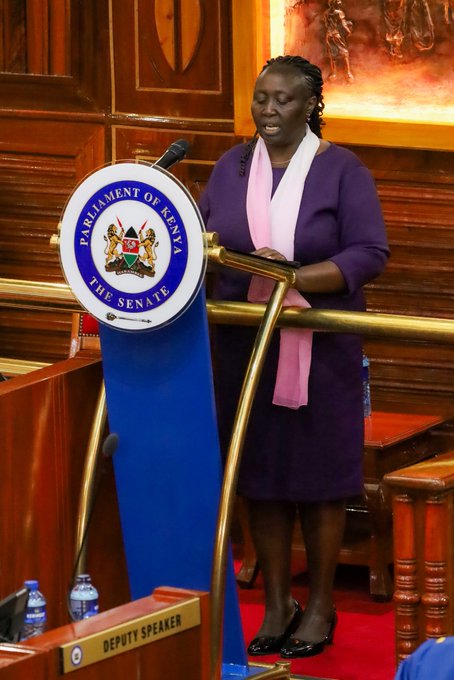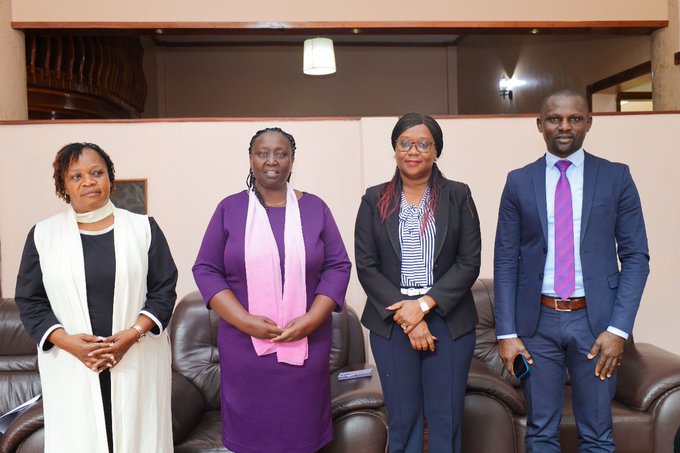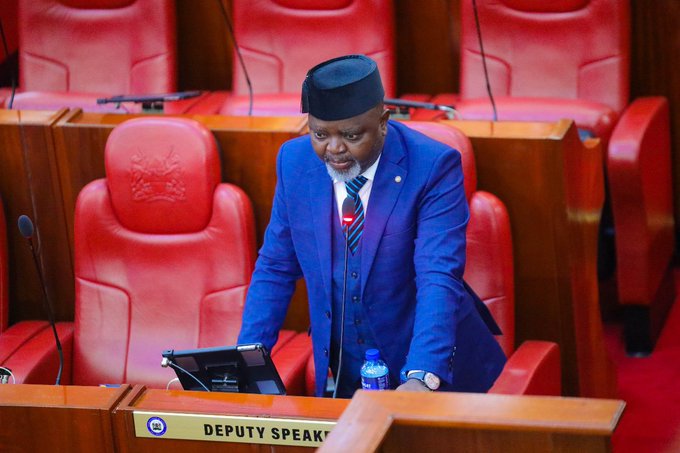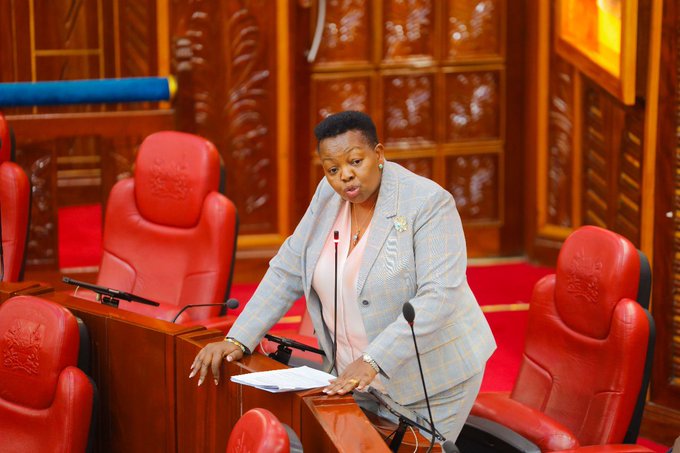NAIROBI, Kenya – The government has established 12 specialised courts to fast-track justice in gender-based violence (GBV) cases, part of a broader national response to rising incidents of GBV and femicide.
Appearing before the Senate plenary today May 21, Gender, Arts, Heritage and Culture Cabinet Secretary Hanna Wendot Cheptumo announced the courts as a key step in addressing the country’s deepening GBV crisis.
“The Government has taken decisive steps,” Cheptumo told senators. “These courts are designed to expedite justice and better support survivors.”
The announcement comes amid mounting public pressure for concrete action against femicide and systemic delays in GBV-related cases.
In addition to the specialised courts, Cheptumo said a Presidential Working Group on Femicide is actively reviewing enforcement gaps and drafting targeted legal and policy reforms.
The Ministry, she said, is working with partners across the justice and security sectors to reform case handling through digitisation, survivor-centred protocols, and training for frontline officers.
“We’re creating a system where survivors are treated with dignity and perpetrators are held accountable—swiftly,” she added.
I appeared before the Senate Plenary to address questions on the implementation of the Women Enterprise Fund (WEF), the rising cases of Gender-Based Violence (GBV) and femicide and the status of support services for survivors.The Government has taken decisive steps to respond
So far, 97 GBV shelters have been mapped across 18 counties, offering a glimpse of an emerging safety net for survivors.
Plans are underway to expand this network and operationalise model Protection Centres in counties that currently lack them.
Legislative reforms are also on the horizon. The Protection Against Domestic Violence (Amendment) Bill, 2025 is expected to be tabled in Parliament later this year, aimed at strengthening the legal framework for prevention, protection, and prosecution.
Cheptumo also used her Senate address to highlight progress on the Women Enterprise Fund (WEF), a government initiative designed to boost financial inclusion.
According to the CS, credit histories have been restored and new individual loan products approved to reach women who have previously been locked out of access to credit.
“These reforms are not just about protection—they’re about empowerment,” said Cheptumo. “We are rebuilding systems to ensure that no woman is left behind.”
Kenya has witnessed a sharp rise in GBV and femicide cases in recent years, triggering national outrage and calls for accountability.
Rights groups have long criticised the slow pace of prosecutions and the lack of survivor-friendly infrastructure in public institutions.
While the rollout of specialised courts is a significant development, experts say sustained funding, proper staffing, and community-level awareness will be critical to making the reforms work on the ground.







